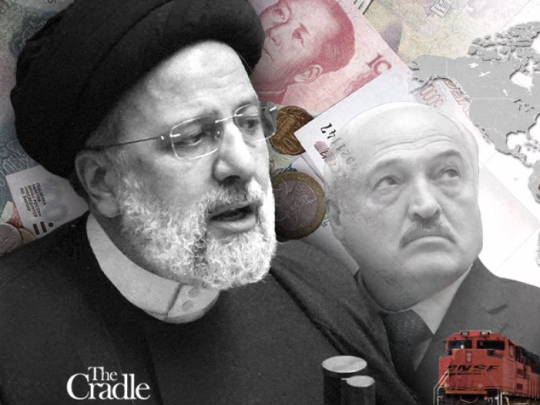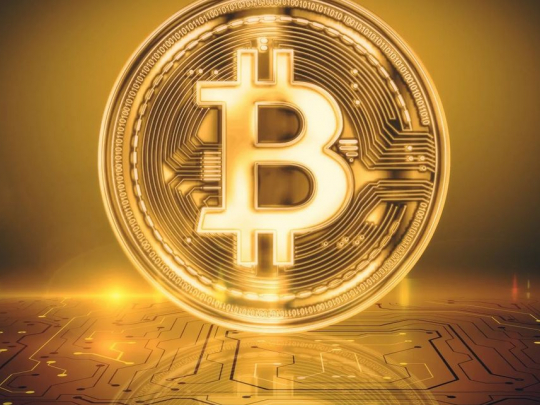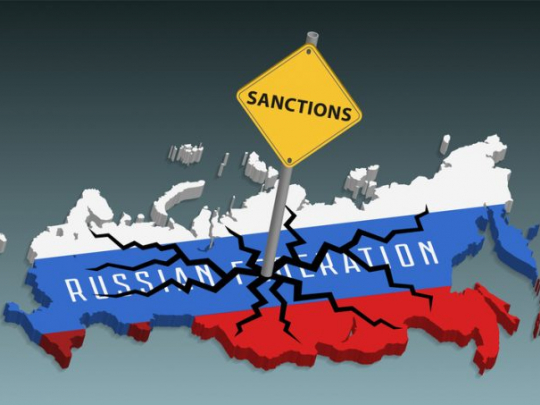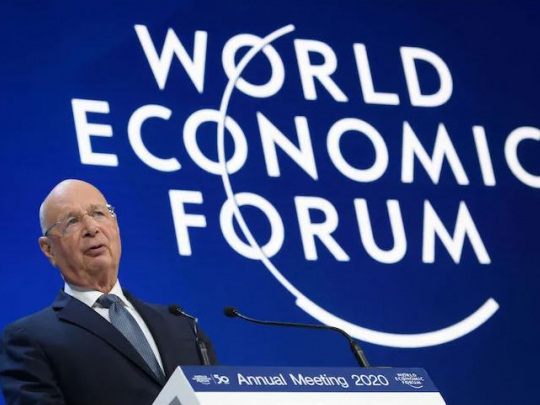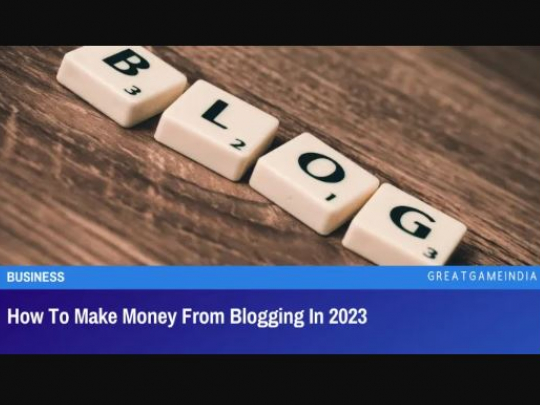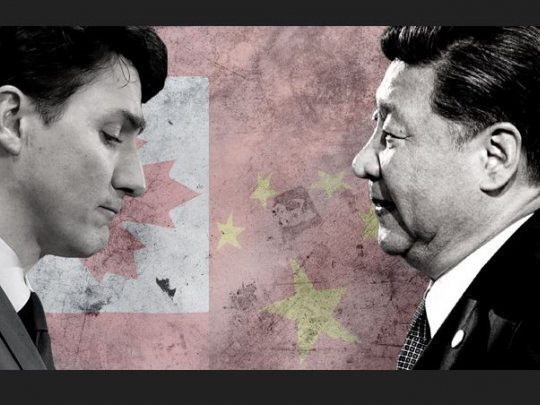The Pre-Bitcoin History You Should Know
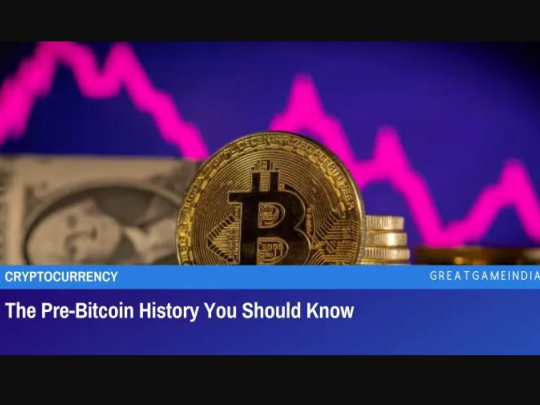
Although Bitcoin is now the best kind of currency, it is an evolution of those that humanity has already used. But what exactly is basic cash? Here’s the pre-bitcoin history you should know.
Think back to how long you have been involved with Bitcoin. Ask yourself how many articles on money you have read overall, not just those that discuss money as a means of exchange or a store of value. Consider the philosophical ramblings that claim to explain the enigmatic nature of what “money” is. The final wrinkle is how Bitcoin fits into all of this. Both supporters and opponents of bitcoin have published a lot of words. Everyone has an opinion on money, and consequently why or why not Bitcoin, from the “social contract” and “something we all agree on” ideas to the “transactional currency” and that ever-important “cup of coffee” metaphor.
What about the effects on investments? What about moving your labor’s economic value—your savings—across spacetime? People occasionally write about good money and occasionally write about bad money. And lest we forget the crowd favorite, how the money printer goes “brrrr,” and what that signifies for our economy, there is never a shortage of discussion on this. Every year, there are more stories about money than there are Christmas markets in Vienna.
I will do my best to present you with something unique here. Let us get right to it. For what kind of “money” Bitcoin is, the economics discipline already has a category and systematized classification. I will tell you what it is now, but you must realize that this backstory dates back thousands of years.
Ready? In the West, they refer to it as “high-powered money.” In the East, it is alluded to as “reserve money.” It has been referred to historically as “base money.” We refer to it as the “monetary base” in today’s international financial system.
That is it. That is the kind of settlement that takes place when bitcoin changes hands, when UTXOs are destroyed and generated from scratch. That describes the Bitcoin network and all it accomplishes in terms of economics completely.
In fact, basic money is a widely used form of commerce. Sure. However, that is a different kind of article once more. The tale I want to tell you here will explain what basic money actually is and why it matters.
There have historically been two types of fundamental money:
- Commodity money, such as gold and silver;
- Physical banknotes, such as the current central bank-issued bills that we pull out of ATMs.
Part I of II is this article. We shall concentrate on gold and silver in this first section. We shall talk about real money—those fiat cash banknotes—in Part 2. It will be dotted with bitcoin, as it should be.
What Base Money Is Not
If we approach this study from the other direction, it will actually be much simpler. We will discuss what it is later. Let us examine everything in the financial system that is not base money first, though.
What is base money, exactly? Any form of currency that is not issued or controlled by a third party is known as basic cash. You can be confident the money you are playing with is not base money if there is an intermediary – a bank or other financial organization. 1 You can also find out if you have a “account” with someone. Anyone. any provider of financial services. Are you a bank account holder? If so, whatever is within is not just regular currency.
Right, a few instances: Paper checks have long been favored by the British and American financial systems. And I already understand your thoughts. Why should I even care about checks in today’s world, save the fact that they are a fraud application (you know, with your complete name, address, and account number punched right on them)? Well, since I am talking about money and banking here, simply know that, in the past, when there was little or no central bank regulation, checks played an important role in payments and contributed to the expansion of western economies. In terms of innovations in moneyness, checks are actually much, much more deep than they seem – much more so than banknotes themselves. Dr. Stephen Quinn and Dr. George Selgin, two monetary historians, have remarked (read below) that “bearer notes were a ‘niche market’ prior to 1694, checks having until then been the more important means of deposit-transfer.” Anyway, let us get back to the main issue. Consider this. On what else is a check written? Name of the payer? Sure. And what else is left? Who was the check’s author? Who actually thought of that? Is there a participating institution?
Of course, it is your bank.
But nonetheless, tell me. The suggestion to give you those checks came from who? How important is the size of the checkbooks? Who chooses the check’s design? Should each bank provide its customers with a certain number of checks? Is there a check commissar sitting next to the mayor in every municipality, keeping track of all the checks that pass through the city? We are still discussing money here, after all, and checks have been around for a very long time. So it follows that the government must necessarily be involved in this, right?
Nope.
No one knows the (exact) total number of people who advised the bankers how many checks they could or should issue. Everything is still run in the same free market that existed 200 years ago, where customers trust their banks to act as their middlemen in clearing checks so that everyone can make payments and promote economic progress.
That is a check, then. Not at all like basic currency.
Do debit cards count? By using this second example, I am going to grant you, dear reader, the benefit of the doubt that you already know that these financial products are once again not base money. These items, which are once again issued by a bank, are reportedly cool for some people; hotels enjoy them; they have been in use since the 1950s and the advent of electronic banking; nonetheless, they are essentially reusable plastic checks that clear more quickly. Yes, nobody instructed the banks on how many or what kind of consumers to provide them to. For many years, the procedure has been fairly decentralized.
Next, what? What other methods of payment do you use? It is perhaps time to discuss internet banking and smartphone apps. Perhaps the fact that these items are digital natives makes them eligible for base money classification? Keep in mind how to spot it; the determining factor is whether a third party is in charge of this goods.
Apple Pay is one instance of an app being used for a purchase. Apple, then, is that right? It is Goldman Sachs. It is undoubtedly not base money because a third-party institution is providing you that commodity in either case. The same holds true for all the other online-only banking programs and accounts, including PayPal, Venmo, Skrill, Revolut, Wise, and Paysera. Additionally, you are not actually required to have a bank account in order to use these services. It still counts as a third party issuing those accounts, even if it is only a payment processing business. It implies that none of the electronic payment methods is actually base money.
So when we think of payments, those are the essential things to consider (stablecoins – we will get there!). You may be aware that, aside from the actual checks and credit cards, aside from the tools, everything is ultimately connected to your checking account or deposit account. Once more, let us ignore credit cards for the time being. I am aware that several of these products overlap. They are much further away “money.” But the financial system also includes other kinds of “accounts” that nobody can explain.
The savings account is one. This was once a real thing. Savings accounts used to have stricter withdrawal limits than checking accounts, and in certain countries they still do. You would get a greater interest rate on your money put there in exchange for this. Today, not so.
We also have time deposit accounts, which have even more withdrawal limitations and offer interest rates that are higher than savings accounts. Any base money there once more? Nope.
We also have some outdated tools, including money market funds. If you want to purchase them, keep in mind that they normally are not government-insured, should yield more interest than checking accounts, and trade more like stocks (one share should be equivalent to about one unit of the local currency). Base currency Again, undoubtedly not.
So let us recap, and please notice that this is applicable whether the setting is institutional or retail:
- Checks, debit cards and mobile apps linked to deposit accounts are not base money.
- Credit cards are definitely not base money.
- Savings, time deposits, money market, and other interest-bearing accounts are also not base money.
Okay, let us hope that this exercise in sorting through all the financial instruments that are not just basic money but are nonetheless utilized for payments was at least somewhat fruitful. And you could have been wondering, “So, if not base money, then what are all these damn things actually called?!” for a while now.
Answer: Fiduciary media.
This phrase is crucial. It is essential. And the name with the most sense. The common items we consider and utilize as “money” in our current financial system are all referred to economically as fiduciary media. I am not asking you to become an economist here; please don’t.
It makes a claim. IOU in nature. It is a symbol.
It is money in the sense of “moneyness,” but it is not money in the sense of “base money.”
Once more, what?
That is what it implies. Fiduciary media is simply not common currency, and if you possess one, you are the owner of no common currency! However, you do not hold “nothing” when you hold this claim. This fiduciary medium can and is used to make payments and circulate freely.
Bitcoin, Briefly
What would you answer if I asked you right now if bitcoin is basic money? The question is not a gimmick. Do not overthink.
I am assuming you said “yes.” No outside party issues bitcoin. I do not even need a third party to get it or hold it. It was mineable. If I worked for it and earned it, then yes, my employer is a third party, but we would not require a reputable bank to pay for it. The native unit bitcoin, equal to any number of UTXOs, is completely independent of any fiduciaries. It is a basic asset that you can obtain and hold on your own, without the need for authorization or a middleman. But what about the large miners? It is true that miners produce blocks, and their expenses as a whole are high now, but this expensiveness should not be viewed as something the system “required.” If all miners stopped working, the difficulty would change, making it less “expensive” than it is right now to acquire fresh bitcoin.
However, it is important to note that everything else in the financial world outlined above is a fiduciary medium except from bitcoin. While it is OK to refer to it as money, the correct term in an economic sense is fiduciary media. You are waiting on a financial intermediary to act on your behalf if you are waiting for your paycheck to be directly deposited into your bank account or if you are still waiting for a check to clear from your account to your payee’s. You are paying off debts and making payments through fiduciary media.
But Why Fiduciary Media?
“So brass tacks: Are you saying fiduciary media is bad?”
Nope.
“Are you saying it’s a fraud?”
Nope.
“Are you saying it causes bad macro things to happen economically?”
Still nope.
“But you are saying fiduciary media is a type of money?”
Yep.
“And most importantly, fiduciary media is not basic money?”
Yes.
The aforementioned points are the trickiest for me to understand in all of my lectures about money. I got it. All that matters in your daily life is how the card, check, or banking app appears and functions. You need it to function. Fine. However, after reading this, I want you to reflect on questions such, “Who issued your card?” “Who issued your account?” “Who processed that payment on your behalf?” “Who is your fiduciary?” This brings up an even more significant side remark, which is that you would spend more time — as you should — researching your bank, just like you would your vehicle manufacturer or home constructor, if this things were not insured by the government.
If you are able to think about these instruments in this way, you have won the battle for your money and are a better financial expert than most economists. In terms of what fiduciary media is and is not, it truly can not get any simpler than this.
- Source : GreatGameIndia




